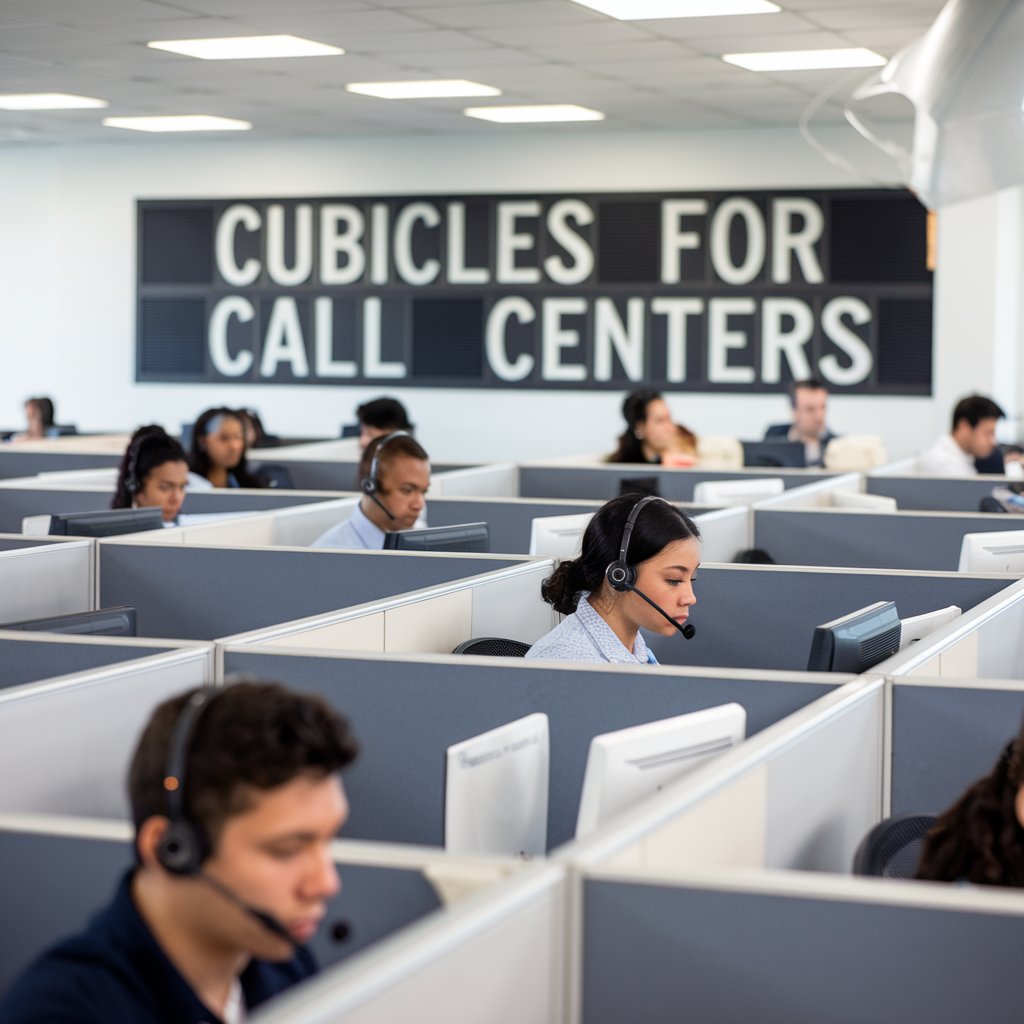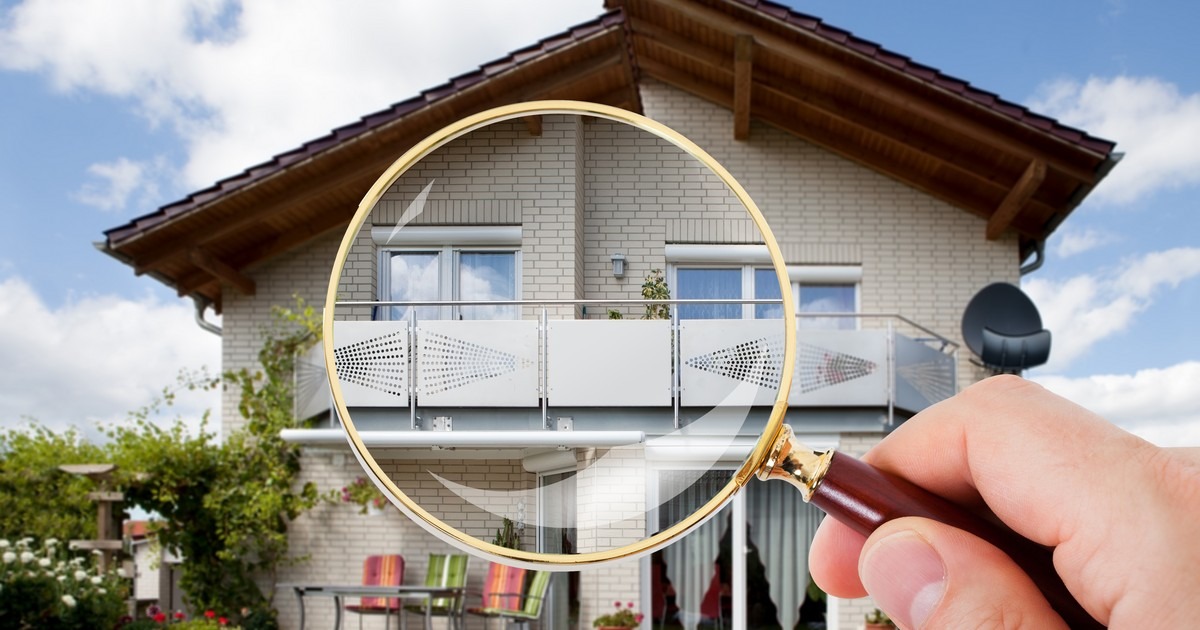In the competitive landscape of call centers, where efficiency and productivity are paramount, optimizing workspace is crucial. Compact and functional cubicles play a significant role in maximizing the use of limited space while ensuring that employees have everything they need to perform their duties effectively. This article explores strategies and design principles for creating compact and functional cubicles that enhance both workspace efficiency and employee comfort.
The Importance of Space Optimization
In call centers, space is often at a premium. Efficient use of space can lead to significant cost savings and improved operational effectiveness. Compact cubicles that are thoughtfully designed not only make the most of available space but also create a more organized and productive work environment. The goal is to balance space efficiency with employee comfort and functionality.
Key Strategies for Compact and Functional Cubicles
- Modular Design: Modular cubicle systems are highly versatile and allow for flexible configurations. These systems can be easily rearranged or reconfigured to accommodate changing team sizes and workflows. Modular designs maximize space utilization by enabling custom layouts that fit various office dimensions and requirements.
- Multi-Functional Furniture: Incorporating multi-functional furniture can greatly enhance the usability of compact cubicles. Desks with built-in storage, foldable work surfaces, and integrated shelving help reduce clutter and make efficient use of available space. Multi-purpose furniture ensures that every inch of the cubicle is utilized effectively.
- Vertical Space Utilization: In compact cubicles, utilizing vertical space is essential. Wall-mounted shelves, pegboards, and overhead storage units help keep the desktop clear and provide additional storage without occupying precious floor space. Vertical storage solutions maximize the use of height, which is often underutilized in small cubicles.
- Efficient Layouts: Designing cubicles with an efficient layout is key to optimizing space. Open layouts with minimal partitions can create a sense of openness and prevent the workspace from feeling cramped. Alternatively, carefully designed partitions can offer privacy while still maintaining a compact footprint. Ensuring that workstations are positioned for easy access and workflow efficiency is essential.
- Ergonomic Considerations: Even in compact cubicles, ergonomic design should not be compromised. Adjustable chairs, desks, and monitor mounts should be incorporated to ensure that employees can work comfortably without straining their bodies. Ergonomic accessories, such as keyboard trays and mouse pads, help maintain a comfortable work posture in smaller spaces.
- Integrated Technology: Modern call centers rely heavily on technology, so integrating tech solutions into compact cubicles is crucial. Cable management systems, built-in power outlets, and docking stations help keep technology organized and accessible. Ensuring that all necessary equipment is within easy reach without cluttering the workspace is vital for maintaining functionality.
- Personalization and Comfort: Compact cubicles can still offer a degree of personalization and comfort. Small touches, such as adjustable lighting, personal storage solutions, and acoustic panels, contribute to a pleasant work environment. Allowing employees to personalize their small workspace within reasonable limits can enhance their comfort and satisfaction.
- Privacy Solutions: Even in compact cubicles, providing adequate privacy is important. Low-height partitions, privacy screens, and acoustic panels can help reduce distractions and maintain confidentiality. Designing cubicles to include visual and auditory privacy elements ensures that employees can focus on their tasks without being disturbed.
Benefits of Compact and Functional Cubicles
- Space Efficiency: Optimized cubicle designs make the best use of available space, allowing for more workstations within a given area. This efficiency can lead to significant cost savings in terms of real estate and operational expenses.
- Improved Organization: Compact all center office cubicles with built-in storage and multi-functional furniture help keep workspaces organized and clutter-free. Efficient layouts and integrated technology solutions contribute to a more streamlined and effective work environment.
- Enhanced Employee Comfort: By incorporating ergonomic considerations and personalization options, compact cubicles can still offer a comfortable and supportive work environment. Employees are more likely to be satisfied and productive when their workspace meets their comfort needs.
- Flexibility and Adaptability: Modular and multi-functional designs allow for easy reconfiguration and adaptation to changing needs. This flexibility ensures that the workspace can evolve with the organization’s growth and shifting requirements.
Conclusion
Optimizing space through compact and functional cubicles is essential for maximizing efficiency in call centers. By employing strategies such as modular design, multi-functional furniture, and efficient layouts, call centers can create workspaces that make the most of limited space while ensuring employee comfort and productivity. Emphasizing space efficiency does not mean sacrificing quality or functionality; rather, it involves thoughtful design that balances the needs of the business with the well-being of its employees. As call centers continue to evolve, adopting these compact and functional cubicle solutions will be key to achieving operational success and fostering a productive work environment.






